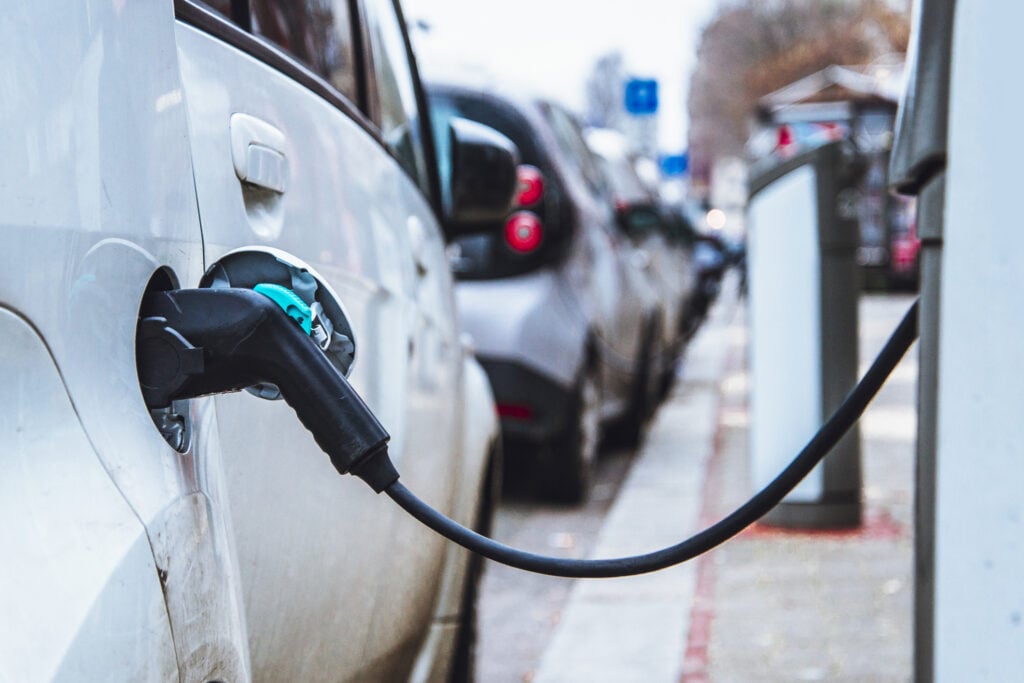Maturation within the UK’s electric vehicle charging and energy sphere is starting to accelerate, driven by new partnerships and increasingly innovative offerings.
Last week E.On announced that it had penned a strategic partnership with vehicle leasing giant ALD Automotive, focusing on the development of e-mobility, financing and energy services offerings for numerous European markets.
It was the third such deal between a major European utility and a vehicle leasing firm, following on from similar deals involving ScottishPower and Total, and Jacob Brigg, analyst at energy consultancy Cornwall Insight, said such partnerships stand to be crucial to energy suppliers in their fight for e-mobility market share.
“These arrangements allow the partners to maximise the customer value captured in bundled propositions that combine strengths in energy supply, charging, vehicles and data management. Realising these benefits requires a compelling customer proposition, underpinned by strong digital capabilities,” he said.
In addition to further partnerships, Brigg also pointed towards the need for more advanced technological capabilities, especially in the provision of load management and easier billing, as “critical to the future success” of EV offerings.
Many companies in the space have either brought forward their own solutions or looked to acquire companies with enhanced capabilities in the field. EO Charging last week toasted the launch of their first “fully open” charging network that allows customers to charge and pay simply through a contactless bank card, while other energy companies have made similar plays.
Centrica, for example, made a multi-million-pound investment in Israeli EV software developer Driivz last August before creating a special purpose e-mobility division last month, while the likes of BP and Shell have been particularly acquisitive in the EV sphere, acquiring stakes, outright ownership or making investments in the likes of Chargemaster, New Motion and Powershare over the course of the past year.
Brigg expects this to be only the tip of the iceberg. “Change will continue. Models may soon extend to developing technology which enables ring-fenced tracking, billing and optimising of EV charging through the domestic meter. We may even see charging at multiple locations managed through a single supply relationship. Regulatory and industry system change to facilitate these developments will, however, be crucial.
“As a result, the EV and energy space is starting to mature, with a wider variety of players developing increasingly innovative offerings but also developing a shared sense of what constitutes the building blocks of a successful business model. The result will be new, cross-vector service offerings that shake up the way we think about the role of electricity, moving from being the provision of power metered at a price, to providing services integrated with a consumer’s broader mobility objectives.”






